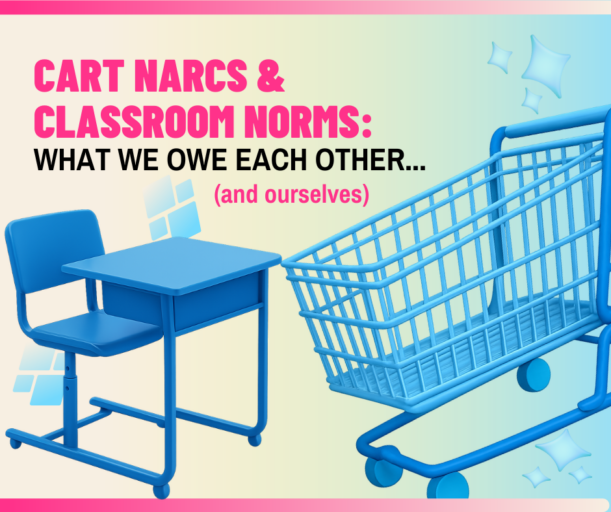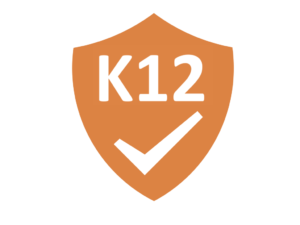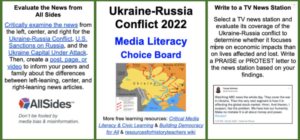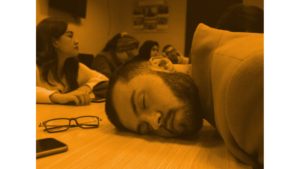My Summer to Explore Instructional Design
I am reflecting and writing about my K-12 public education experience and perspective this summer. After starting my career in finance and management consulting, I have spent 30+ years serving public education in many roles for many types of organizations – as you can see from my LinkedIn profile – linkedin.com/in/jimdflanagan, I also consumed it as a student for 16 years, including public university. And I am a parent of twin boys entering their 14th year of public schooling, including pre-K. Finally, I am the proud son of an elementary teacher and took a year off to volunteer in elementary, middle, and high school classrooms to inform my work. But I am certainly not a teacher, so I continuously cycle my ideas through educators for a much-needed reality check. For all the public education I directly or indirectly consumed and all of the educators I cherish, I’ve always viewed the industry with some skepticism – more as a critical friend than an advocate or cheerleader.
I’ve observed that we overwhelmingly address change at the state, district, or school level. We change variables such as funding, school size, construction, school choice, governance, standards, course offerings, and staffing. But we spend little effort pursuing changes in instructional redesign based on the science of learning. (The delayed recognition of the science of reading is just one example.) Therefore, school improvements, reforms, and transformations all regress to the mean – if successful. So instructional redesign will be my focus. Along the way, I‘ll reference topics like personalization, differentiation, blended learning, student ownership, and Universal Design for Learning (UDL.) And I’ll explore the potential of edtech, but only as it advances the human relationships fundamental to effective learning. I’ll go deepest on the science of learning, cognition, bias, and critical thinking. How can we design effective teaching and learning without that basic understanding of how the brain works?
I’ll use two models to ground my inquiry as I explore topics. First, The Instructional Core developed by Dr. Richard Elmore. I’ll ask how any change impacts the student-teacher relationship to each other and content. Early in my career, I did not fully appreciate how social and relational learning is, so I advocated for technological solutions that isolated more than connected. Most failures I’ve seen – especially in edtech – disrupt the relationships between and among humans – teachers, students, parents, mentors, tutors, etc. – instead of strengthening the social bonds. Second, I’ll consider how the proposed instructional practice impacts the lifelong love of learning. Does it degrade or support our innate curiosity and hunger for knowledge and understanding? Too many adults feel defeated by learning and are even skeptical of thinking because of their experience with “schooling.” According to a recent Gallup survey, on average, students give their school a C+ rating in making them feel excited about learning – and ratings decrease as students advance.
I use K12Leaders as a platform because I believe in the mission and value the community. I welcome any feedback. If you agree, that is fine. But I prize a challenge or a different perspective – especially when accompanied by evidence or research. And additional reading or research recommendations are golden.







